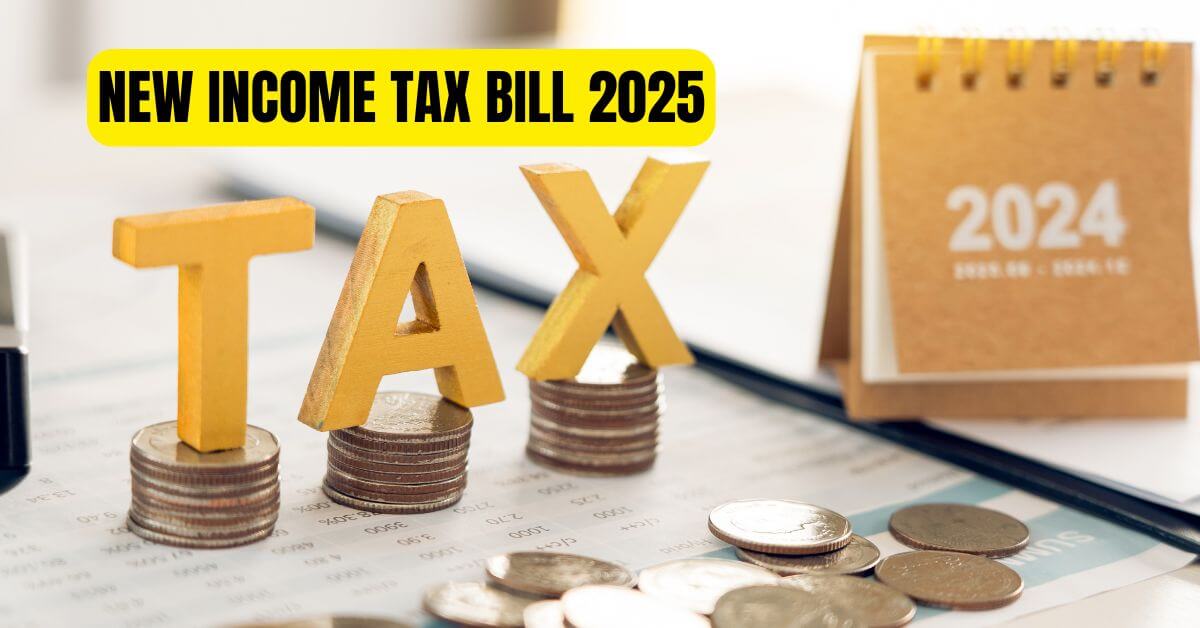In a major overhaul of India’s income tax system, the upcoming Income Tax Bill 2025 is set to introduce the concept of a ‘Tax Year,’ replacing the existing terms of ‘financial year’ and ‘assessment year’ under the Income Tax Act, 1961. This change aims to simplify tax filing, reduce confusion, and make compliance easier for millions of taxpayers across the country.
What is the New ‘Tax Year’ Concept?
Under the new system, the Tax Year will be defined as a 12-month period starting on April 1 and ending on March 31 of the following year. This aligns with the current definition of the financial year in India, which differs from the calendar year (January 1 to December 31) followed by many other countries.
For new businesses or professions, or when a new source of income is established, the Tax Year will begin on the date the business is set up or the income source comes into existence and will end on March 31 of that financial year. This provision ensures flexibility for startups and professionals while maintaining consistency in tax reporting.
Why is This Change Being Introduced?
The current system uses two key terms: ‘assessment year’ (the year following the financial year in which income is earned) and ‘previous year’ (the year in which income is earned). This dual terminology often leads to confusion, especially for individual taxpayers and small businesses.
Many taxpayers struggle with understanding when to pay self-assessment tax or advance tax, often mistaking the assessment year for the financial year. This confusion can result in incorrect tax payments, delayed refunds, and unnecessary disputes with tax authorities. By introducing a single, unified concept of the Tax Year, the government aims to simplify tax compliance and reduce administrative burdens.
Key Benefits of the ‘Tax Year’ Concept
- Simplified Terminology: Replacing ‘financial year’ and ‘assessment year’ with a single term reduces complexity and makes it easier for taxpayers to understand their obligations.
- Easier Compliance: Clearer timelines for tax payments, return filing, and other compliances will help taxpayers avoid errors and penalties.
- Reduced Confusion: Taxpayers will no longer need to differentiate between the year income is earned and the year it is assessed, minimizing mistakes in tax payments.
- Better for New Businesses: Startups and new income sources will benefit from flexible Tax Year definitions, ensuring smoother tax reporting.
No Change in Financial Year Definition
It’s important to note that the definition of the financial year remains unchanged. India will continue to follow the April 1 to March 31 financial year, unlike countries that use the calendar year (January 1 to December 31) for tax purposes.
What Does This Mean for Taxpayers?
The introduction of the Tax Year concept is expected to make income tax rules more intuitive and user-friendly. However, taxpayers are advised to stay updated on the upcoming reforms and seek professional guidance if needed to ensure a smooth transition.
Looking Ahead
The Income Tax Bill, 2025, is part of the government’s broader efforts to modernize India’s tax infrastructure and make it more accessible to all. By replacing outdated terminology and streamlining processes, the new system aims to encourage greater compliance and reduce the burden on taxpayers.
As the bill moves closer to implementation, further details and clarifications are expected to be released. Taxpayers should keep an eye on official updates to stay informed and prepared for the changes.
Also Read : 10 Richest Cities with the Best Infrastructure in World
Hello Readers, I am Founder of Arife Online News. I Covers all the Trending News related to Events and Occasion.










